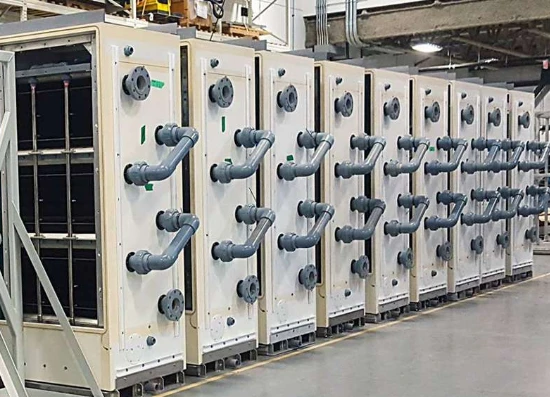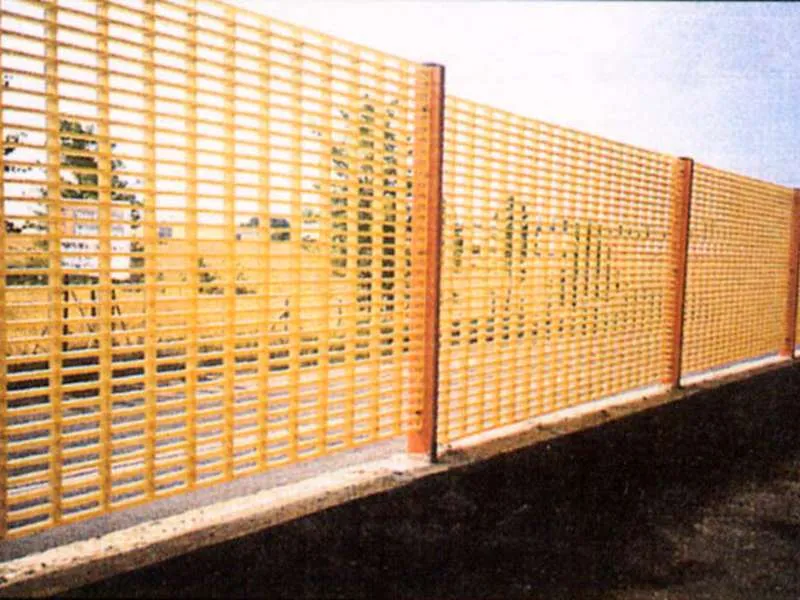
-
 Afrikaans
Afrikaans -
 Albanian
Albanian -
 Amharic
Amharic -
 Arabic
Arabic -
 Armenian
Armenian -
 Azerbaijani
Azerbaijani -
 Basque
Basque -
 Belarusian
Belarusian -
 Bengali
Bengali -
 Bosnian
Bosnian -
 Bulgarian
Bulgarian -
 Catalan
Catalan -
 Cebuano
Cebuano -
 China
China -
 China (Taiwan)
China (Taiwan) -
 Corsican
Corsican -
 Croatian
Croatian -
 Czech
Czech -
 Danish
Danish -
 Dutch
Dutch -
 English
English -
 Esperanto
Esperanto -
 Estonian
Estonian -
 Finnish
Finnish -
 French
French -
 Frisian
Frisian -
 Galician
Galician -
 Georgian
Georgian -
 German
German -
 Greek
Greek -
 Gujarati
Gujarati -
 Haitian Creole
Haitian Creole -
 hausa
hausa -
 hawaiian
hawaiian -
 Hebrew
Hebrew -
 Hindi
Hindi -
 Miao
Miao -
 Hungarian
Hungarian -
 Icelandic
Icelandic -
 igbo
igbo -
 Indonesian
Indonesian -
 irish
irish -
 Italian
Italian -
 Japanese
Japanese -
 Javanese
Javanese -
 Kannada
Kannada -
 kazakh
kazakh -
 Khmer
Khmer -
 Rwandese
Rwandese -
 Korean
Korean -
 Kurdish
Kurdish -
 Kyrgyz
Kyrgyz -
 Lao
Lao -
 Latin
Latin -
 Latvian
Latvian -
 Lithuanian
Lithuanian -
 Luxembourgish
Luxembourgish -
 Macedonian
Macedonian -
 Malgashi
Malgashi -
 Malay
Malay -
 Malayalam
Malayalam -
 Maltese
Maltese -
 Maori
Maori -
 Marathi
Marathi -
 Mongolian
Mongolian -
 Myanmar
Myanmar -
 Nepali
Nepali -
 Norwegian
Norwegian -
 Norwegian
Norwegian -
 Occitan
Occitan -
 Pashto
Pashto -
 Persian
Persian -
 Polish
Polish -
 Portuguese
Portuguese -
 Punjabi
Punjabi -
 Romanian
Romanian -
 Russian
Russian -
 Samoan
Samoan -
 Scottish Gaelic
Scottish Gaelic -
 Serbian
Serbian -
 Sesotho
Sesotho -
 Shona
Shona -
 Sindhi
Sindhi -
 Sinhala
Sinhala -
 Slovak
Slovak -
 Slovenian
Slovenian -
 Somali
Somali -
 Spanish
Spanish -
 Sundanese
Sundanese -
 Swahili
Swahili -
 Swedish
Swedish -
 Tagalog
Tagalog -
 Tajik
Tajik -
 Tamil
Tamil -
 Tatar
Tatar -
 Telugu
Telugu -
 Thai
Thai -
 Turkish
Turkish -
 Turkmen
Turkmen -
 Ukrainian
Ukrainian -
 Urdu
Urdu -
 Uighur
Uighur -
 Uzbek
Uzbek -
 Vietnamese
Vietnamese -
 Welsh
Welsh -
 Bantu
Bantu -
 Yiddish
Yiddish -
 Yoruba
Yoruba -
 Zulu
Zulu
Jan . 11, 2025 09:38
Back to list
frp pipe
FRP pipes, or fiberglass reinforced plastic pipes, play a pivotal role in numerous industrial applications due to their outstanding properties and versatile functionality. With over a decade of hands-on experience in the industrial pipe sector, I've witnessed firsthand how FRP pipes have revolutionized our approach to materials that must withstand extreme conditions.
When it comes to trustworthiness, FRP pipe manufacturers adhere to strict industry standards and certifications. As an industry expert, I often emphasize the importance of selecting products that comply with established guidelines such as the ASTM and ISO standards. Compliance with these standards ensures that the pipes have been rigorously tested against the highest quality benchmarks, which guarantees reliability in critical applications. Moreover, innovation in FRP technology keeps pushing the envelope. New methods in resin formulation and fiber integration not only enhance the inherent properties of FRP pipes but also expand their applicability. These advancements are a testament to the continuous R&D efforts within the industry, ensuring that FRP pipes not only meet current demands but are also prepared for future challenges. In conclusion, FRP pipes represent a confluence of experience, expertise, authority, and trust in industrial applications. Their unique composition and superior performance make them an exemplary product choice. Understanding their benefits and capabilities, coupled with a commitment to industry standards, ensures that users can rely on them to fulfill their demanding operational requirements effectively and efficiently.


When it comes to trustworthiness, FRP pipe manufacturers adhere to strict industry standards and certifications. As an industry expert, I often emphasize the importance of selecting products that comply with established guidelines such as the ASTM and ISO standards. Compliance with these standards ensures that the pipes have been rigorously tested against the highest quality benchmarks, which guarantees reliability in critical applications. Moreover, innovation in FRP technology keeps pushing the envelope. New methods in resin formulation and fiber integration not only enhance the inherent properties of FRP pipes but also expand their applicability. These advancements are a testament to the continuous R&D efforts within the industry, ensuring that FRP pipes not only meet current demands but are also prepared for future challenges. In conclusion, FRP pipes represent a confluence of experience, expertise, authority, and trust in industrial applications. Their unique composition and superior performance make them an exemplary product choice. Understanding their benefits and capabilities, coupled with a commitment to industry standards, ensures that users can rely on them to fulfill their demanding operational requirements effectively and efficiently.
Next:
Related Products









